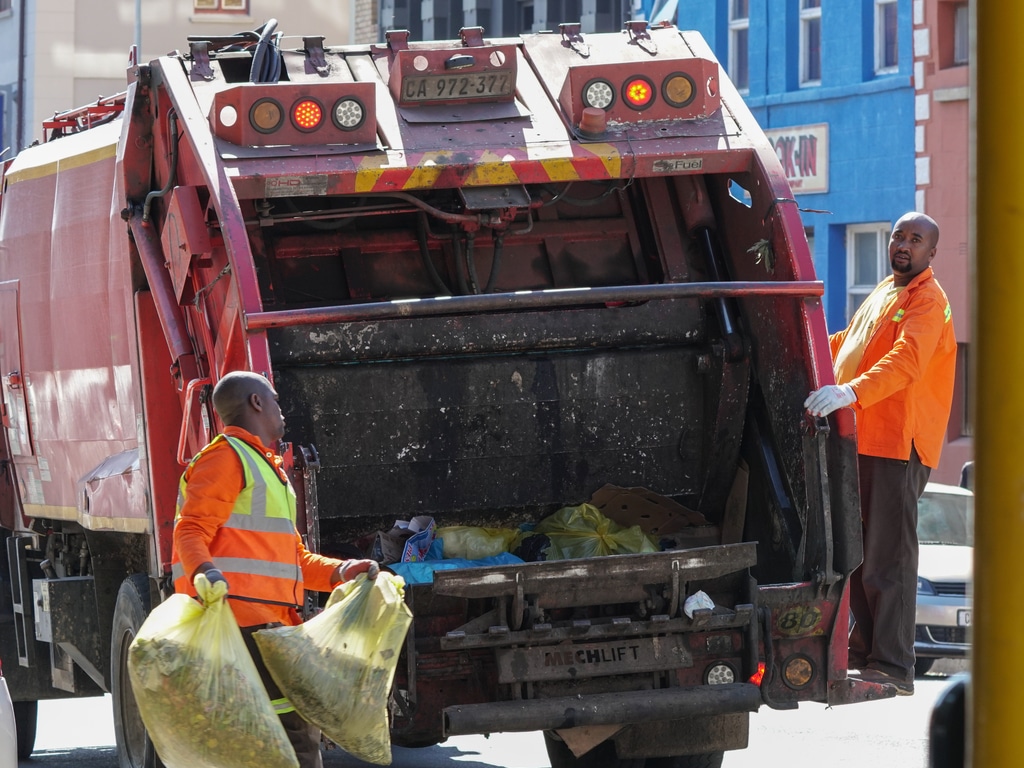Like several other cities in the Democratic Republic of Congo (DRC), Baraka generates tons of waste in the streets. To reverse this situation, the authorities of this municipality in South Kivu province have decided to charge for the waste collection service for its 215,000 inhabitants.
The measure, which will come into force by the end of August 2022, will require each household in Baraka to pay 3,000 Congolese francs (1.48 euros) every month for the management of household waste.
Although the new tax is already being contested by the population, according to the local media, “this contribution to sanitation efforts was decreed to deal with the anarchic management of waste by the population. For landlords, the tax will be calculated on the basis of the number of tenants. This is to be extended to business houses, which will also have their own fees to pay,” explains Katembo Mulanda, the head of the sanitation department in the city of Baraka.
Sustainable city initiatives
In the neighbouring city of Bukavu, improving waste management is also a priority in view of the pollution of water bodies. Because population growth (1.6 million inhabitants in 2019 according to the World Bank) rhymes with the discharge of tons of plastic that pollutes Lake Kivu.
This is why Congolese entrepreneur Nicole Menemene has launched a sustainable craft industry by creating the start-up Plastycor in 2019. The company recycles waste into flower pots, armchairs, shelves, multi-purpose baskets and walls. In 2020 alone, Plastycor collected 18,000 plastic bottles with the support of young volunteers.
Read also-DRC: houses, paintings, baskets…, Plastycor gives life to Bukavu’s waste
For its part, the city of Kinshasa, one of the most populous in Africa with 15 million inhabitants, is starting an awareness-raising campaign on waste collection and recycling in September 2022. The initiative, organised by the United Nations Children’s Fund (UNICEF), will initially be carried out in 24 councils of the capital, such as Gombe, Kinsambu, Ngaliema, Mont Ngasula, N’Djaba, Lemba, Matete, Limeté, Linguala, Kinshasa, Barumbu, Masiina, Kimbaseke, N’sele, N’Djili, N’Djili-ndili, Selemboa, Makala, Kalamu, Kasavubu, Bumbu, Ngiri-Ngiri, Mbandalungua and Maluku.
Benoit-Ivan Wansi
